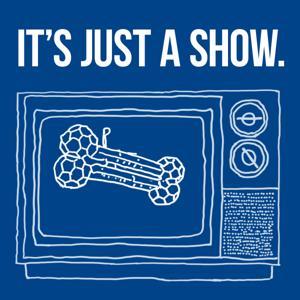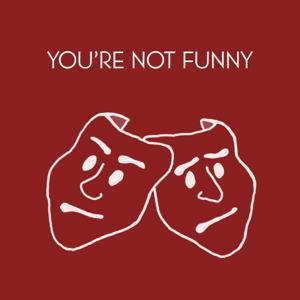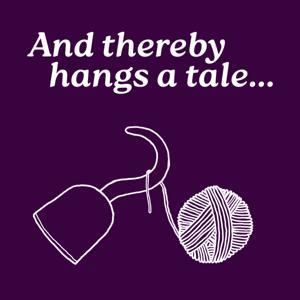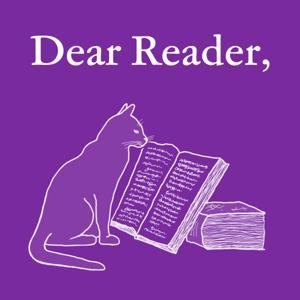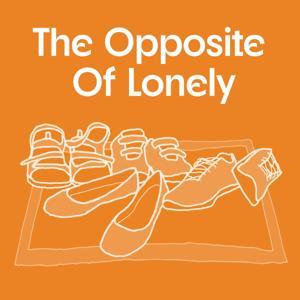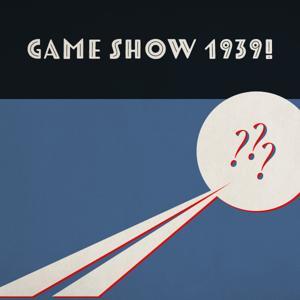Jared, Oriana and Ned talk about Ned’s choice of topic: Ralph Bakshi’s
animated film adaptation of The Lord of the Rings. A heavily promoted effort
at the time due it being both the first ever version of Tolkien’s work done
for film as well as due to Bakshi’s notable reputation as the most well known
American animator since Walt Disney and Chuck Jones, the 1978 movie was a
reasonable success but not a smash, and the fact that it was only the first
half of a planned two-film sequence – but not marketed as such – led to
confused audiences and an upset Tolkien reader fanbase. At once a surprisingly
faithful if still heavily redacted version of the book and a very unusual mix
of animation styles that grew out of Bakshi’s earlier movies, the film has
retained a cult following since, and the resulting contrast with the later
Peter Jackson movies has proven illuminating to both. What makes the sequences
like the Flight to the Ford both compelling viewing and something of a slog?
Which voice actors bring a notable depth to their characters along with the
script and animation efforts – and which ones end up undercutting their
characters completely? How does the shifting between particular animation
styles, even within scenes, both act as intriguing experiment aiming to solve
particular problems and yet also a confusing mess? And what is up with that
incredibly generic musical score?
Show Notes.
doodle.
Jackson riffed on this scene for a reason.
And Jared did bake a cake for Megaphonic’s Kitchen Party! Check it
The new Tolkien Estate page, worth a poke
The Tolkien Society’s announcement of Priscilla Tolkien’s
Ralph Bakshi’s site. The specific Lord of the
Rings page has a variety of
stills, behind the scenes shots and preparatory work from the production.
The IMDB entry for Bakshi’s
production. (The film is available for streaming from a variety of services.)
Ralph Bakshi: Forging Through the Darkness, a
The Tolkien Experience, Episode 32: Ralph
Bakshi, an extended
interview by Luke Shelton.
An Exhaustive History of Ralph Bakshi’s Lord of the
Rings by Dan Olson of Folding
Ideas. (And as we spoke about in the episode, Olson’s two hour plus video on
NFTs and crypto is an absolute
Hollywood, Janet Brennan
Croft’s short comparative study of various film script adaptations of The Lord
of the Rings up through Bakshi’s adaptation.
‘Will the Video Version of Tolkien Be Hobbit
Forming?,’ John Culhane’s late 1977 New York Times story on the Rankin-Bass Hobbit which also includes separate quotes from Bakshi on his then-forthcoming adaptation.
Vincent Canby’s review of the
film for the New York Times.
Roger Ebert’s review of the film for the Chicago Sun-Times.
Mythlore 19, Winter 1979,
which contains two reviews of the film from Steven Walker and Dale Ziegler.
Information on Amon Hen 39,
published in June 1979, which contains four separate reviews of the film,
including the Mythlore review from Steven Walker.
‘Hobbits On Film,’ Glenn Gaslin’s 2001 retrospective
consideration of the Bakshi production for Slate, written in the run-up to the
release of Peter Jackson’s Fellowship of the Ring.
interview with TheOneRing.net.
Austen Gilkenson’s extended 2018 study of the film for Tor, part
one and part
Ned’s own 2018 piece about the film and other
Tolkien adaptations of the time, published in the Quietus.
Magazine! And
like Ned said, there was a tie-in
As for the board game, it had Shelob at least.
meme.
As for Bakshi on his Spider-man experience, he’s not
reaction.
The Flight to the Ford scene –
well worth watching even if you don’t know the full film, it sums up both the
strengths and oddities of the adaptation.
An example of the intriguing angular design of the Shire
woods
in the Shadow of the Past Goes Outdoors sequence. (Compare to Eyvind Earle’s
work on
Disney’s Sleeping Beauty.)
The full Lothlorien sequence,
with Galadriel’s fashion sense, the strange elf choir, the training montage as
such and the Mirror of Galadriel highs and lows.
Two notable sequences showing how Bakshi’s Aragorn is as Jared puts it ‘his’
Aragorn (costume aside): his meeting with the Hobbits in the Prancing Pony
parlor and Boromir’s
death, especially with the
wordless reaction from Aragorn near the end of the clip.
The Council of Elrond sequence
definitely is a moment. Not a GOOD moment…
sequence, with the quick cuts of
the seasons, Gandalf being crabby and stagy, Frodo’s agape reaction to the
Ring being tossed into the fire and so forth.
Gandalf meets Saruman – or
Aruman, depending on the line. Orthanc’s design and Saruman’s MANY COLORS!
The hobbits first encounter the
Nazgul, and it’s a truly creepy
Ah yes the Balrog. We agree with the title of this
Aside from the opening credits, the prologue sequence is really impressive as
we note. But yeah that one
Our episode on Peter Jackson’s Fellowship of the
Ring. And our orc
Gollum being Gollum. And almost
being redeemed towards the end of this
clip. (Per Jared’s comparison,
here’s Quentin Crisp on
Grima petting Theoden. Can’t
Sam, Sam, Sam. Where to begin?
So many examples. And then
Helm’s Deep here is not exactly
That’s one big skull in Moria. Meantime, is Rivendell a
If you REALLY want to hear the
soundtrack…
But yes, just listen to Rosenman’s Star Trek IV soundtrack
instead as Jared
The heroic ending! Sorta.
Support By-The-Bywater and Megaphonic FM on

























